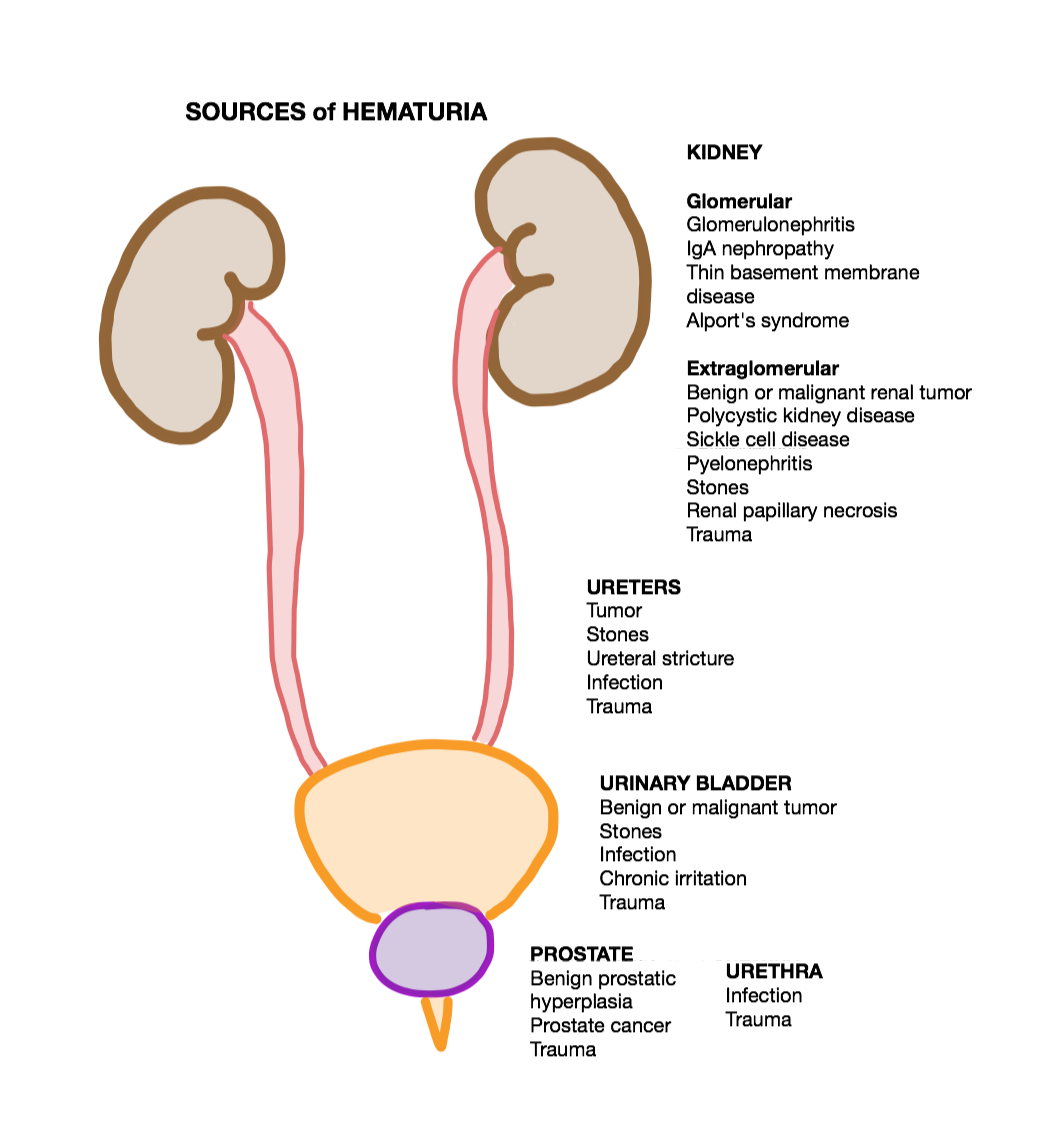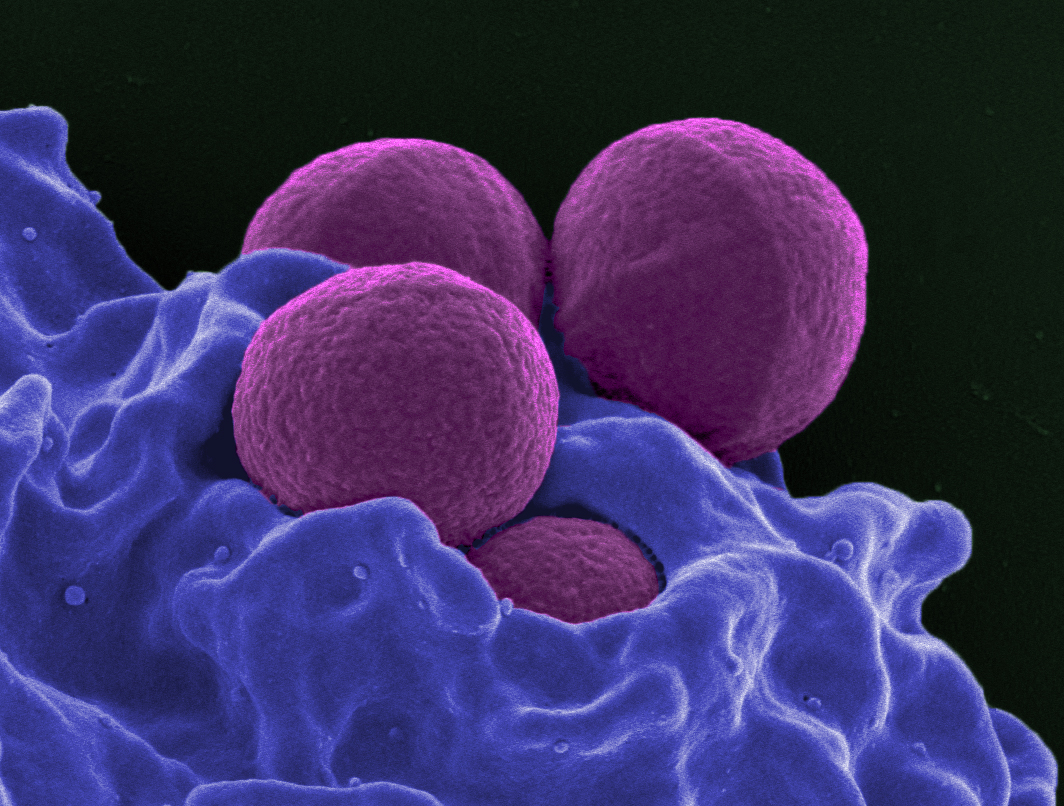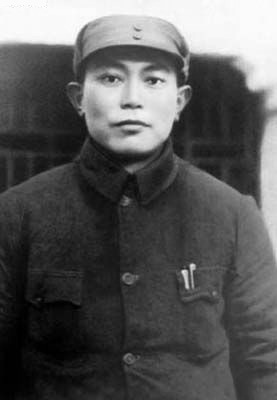|
Death Of Zhou Enlai
Zhou Enlai, one of the principal founders and top leaders of the Chinese Communist Party (CCP) and the People's Republic of China, died at 9:57 a.m. on January 8, 1976, at the age of 78, from bladder cancer at the 305 Hospital in Beijing. At the time of his death, he held several major positions, including Vice Chairman of the Chinese Communist Party, Premier of the State Council, and Chairman of the National Committee of the Chinese People's Political Consultative Conference. Zhou's death marked a pivotal moment in Chinese politics, triggering an outpouring of public mourning, exposing deep political divisions within the CCP, and setting in motion a chain of events that culminated in the Tiananmen Incident of April 1976. Late-life illness 1972 On May 12, 1972, Zhou Enlai's health care doctor conducted a routine urine test once a month and found that the number of red blood cells under the microscope was too high. On May 18, after consultation with several urology expe ... [...More Info...] [...Related Items...] OR: [Wikipedia] [Google] [Baidu] |
Zhou Enlai
Zhou Enlai ( zh, s=周恩来, p=Zhōu Ēnlái, w=Chou1 Ên1-lai2; 5 March 1898 – 8 January 1976) was a Chinese statesman, diplomat, and revolutionary who served as the first Premier of the People's Republic of China from September 1954 until Death of Zhou Enlai, his death in January 1976. Zhou served under Chairman Mao Zedong and aided the Chinese Communist Party, Communist Party in rising to power, later helping consolidate its control, form its Foreign policy of China, foreign policy, and develop the Economy of China, Chinese economy. As a diplomat, Zhou served as the Chinese Foreign Minister of the People's Republic of China, foreign minister from 1949 to 1958. Advocating peaceful coexistence with Western Bloc, the West after the Korean War, he participated in the 1954 Geneva Conference and the 1955 Bandung Conference and helped orchestrate 1972 Nixon visit to China, Richard Nixon's 1972 visit to China. He helped devise policies regarding disputes with the United States, ... [...More Info...] [...Related Items...] OR: [Wikipedia] [Google] [Baidu] |
Hematuria
Hematuria or haematuria is defined as the presence of blood or red blood cells in the urine. "Gross hematuria" occurs when urine appears red, brown, or tea-colored due to the presence of blood. Hematuria may also be subtle and only detectable with a microscope or laboratory test. Blood that enters and mixes with the urine can come from any location within the urinary system, including the kidney, ureter, urinary bladder, urethra, and in men, the prostate. Common causes of hematuria include urinary tract infection (UTI), kidney stones, viral illness, trauma, bladder cancer, and exercise. These causes are grouped into glomerular and non-glomerular causes, depending on the involvement of the glomerulus of the kidney. But not all red urine is hematuria. Other substances such as certain medications and some foods (e.g. blackberries, beets, food dyes) can cause urine to appear red. Menstruation in women may also cause the appearance of hematuria and may result in a positive urine dips ... [...More Info...] [...Related Items...] OR: [Wikipedia] [Google] [Baidu] |
Ji Dengkui
Ji Dengkui (; 17 March 1923 – 13 July 1988) was a Chinese political figure during the Cultural Revolution. He was a member of the 10th and 11th Politburos of the Communist Party and was a protégé of Mao Zedong in Mao's later years. He served in a number of important government and military posts, including member of the Central Military Commission, Political Commissar of the Beijing Military Region, and Vice Premier of the State Council. After Mao's death in 1976, he supported Mao's designated successor, Hua Guofeng, in purging the Gang of Four. Two years later, Deng Xiaoping ousted Hua from his leadership position, and Ji, labelled the "Little Gang of Four" together with other prominent Hua supporters, was forced out of politics. Early life Ji Dengkui was born in Wuxiang County, Shanxi province on 17 March 1923. After the eruption of the Second Sino-Japanese War in 1937, he joined the anti-Japanese resistance before turning 15, and the Chinese Communist Party the ... [...More Info...] [...Related Items...] OR: [Wikipedia] [Google] [Baidu] |
Gut Microbiota
Gut microbiota, gut microbiome, or gut flora are the microorganisms, including bacteria, archaea, fungi, and viruses, that live in the digestive tracts of animals. The gastrointestinal metagenome is the aggregate of all the genomes of the gut microbiota. The gut is the main location of the human microbiome. The gut microbiota has broad impacts, including effects on colonization, resistance to pathogens, maintaining the intestinal epithelium, metabolizing dietary and pharmaceutical compounds, controlling immune function, and even behavior through the gut–brain axis. The microbial composition of the gut microbiota varies across regions of the digestive tract. The colon contains the highest microbial density of any human-associated microbial community studied so far, representing between 300 and 1000 different species. Bacteria are the largest and to date, best studied component and 99% of gut bacteria come from about 30 or 40 species. About 55% of the dry mass of feces ... [...More Info...] [...Related Items...] OR: [Wikipedia] [Google] [Baidu] |
Broad-spectrum Antibiotics
A broad-spectrum antibiotic is an antibiotic that acts on the two major bacterial groups, Gram-positive and Gram-negative, or any antibiotic that acts against a wide range of disease-causing bacteria. These medications are used when a bacterial infection is suspected but the group of bacteria is unknown (also called empiric therapy) or when infection with multiple groups of bacteria is suspected. This is in contrast to a narrow-spectrum antibiotic, which is effective against only a specific group of bacteria. Although powerful, broad-spectrum antibiotics pose specific risks, particularly the disruption of native, normal bacteria and the development of antimicrobial resistance. An example of a commonly used broad-spectrum antibiotic is ampicillin. Bacterial targets Antibiotics are often grouped by their ability to act on different bacterial groups. Although bacteria are biologically classified using taxonomy, disease-causing bacteria have historically been classified by their mic ... [...More Info...] [...Related Items...] OR: [Wikipedia] [Google] [Baidu] |
Li Xiannian
Li Xiannian (; 23 June 1909 – 21 June 1992) was a Chinese Chinese Communist Party, Communist military and political leader, president of China from 1983 to 1988 under paramount leader Deng Xiaoping and then chairman of the Chinese People's Political Consultative Conference from 1988 until his death. He was a full member of the Politburo of the Chinese Communist Party, Politburo from 1956 to 1987, and of its Politburo Standing Committee of the Chinese Communist Party, Standing Committee from 1977 to 1987.''Li Xiannian (1909–1992)'', in Christopher R. Lew, Edwin Pak-wah Leung: ''Historical Dictionary of the Chinese Civil War'', p.p. 120-121, Scarecrow Press, 2013Holley, David"Li Xiannian, Ex-President of China, Dies at 83: Old Guard: He was one of a ruling clique of ‘8 elders’ who ordered the army to repress the pro-democracy movement in 1989".''Los Angeles Times'', 23 June 1992. Li worked as an apprentice carpenter in his teenage years to support his family. He joined the Com ... [...More Info...] [...Related Items...] OR: [Wikipedia] [Google] [Baidu] |
Zhang Chunqiao
Zhang Chunqiao (; 1 February 1917 – 21 April 2005) was a Chinese political theorist, writer, and politician. He came to the national spotlight during the late stages of the Cultural Revolution, and was a member of the ultra-Maoist group dubbed the " Gang of Four". Zhang joined the Chinese Communist Party in 1938, later becoming a prominent journalist in charge of ''Jiefang Daily'' after the establishment of the People's Republic. He rose to prominence after his October 1958 article entitled "Destroy the Ideology of Bourgeois Right" caught the attention of Mao Zedong, who ordered its reproduction in ''People's Daily''. With the onset of the Cultural Revolution, he was appointed as a member of the Cultural Revolution Group. In 1967, Zhang organized the Shanghai People's Commune and briefly became its chairman, effectively overthrowing the local Shanghai government and local party structures. Afterwards, he was appointed as the director of the Shanghai Revolutionary Committe ... [...More Info...] [...Related Items...] OR: [Wikipedia] [Google] [Baidu] |
Hemicolectomy
Colectomy ('' col-'' + '' -ectomy'') is the surgical removal of any extent of the colon, the longest portion of the large bowel. Colectomy may be performed for prophylactic, curative, or palliative reasons. Indications include cancer, infection, infarction, perforation, and impaired function of the colon. Colectomy may be performed open, laparoscopically, or robotically. Following removal of the bowel segment, the surgeon may restore continuity of the bowel or create a colostomy. Partial or subtotal colectomy refers to removing a portion of the colon, while total colectomy involves the removal of the entire colon. Complications of colectomy include anastomotic leak, bleeding, infection, and damage to surrounding structures. Indications Common indications for colectomy include: * Colorectal cancer * Colon polyps not amenable to removal by colonoscopic polypectomy * Diverticulitis and diverticular disease of the large intestine * Colon perforation or injury, which can occur ... [...More Info...] [...Related Items...] OR: [Wikipedia] [Google] [Baidu] |
4th National People's Congress
The 4th National People's Congress (NPC) was in session from 1975 to 1978. It held only one session, in January 1975, despite the Constitution mandating a session be held each year. There were 2864 deputies to this Congress. Seat distribution The first session The first session passed the 1975 Constitution of the People's Republic of China. The offices of Chairman and Vice Chairman were abolished at the suggestion of Chairman Mao Zedong, passing the role of head of state to the Chairman of the Standing Committee of the National People's Congress. This was part of the Chinese Cultural Revolution, which ended the following year. *Chairman and Vice Chairman: ''Posts abolished'' *Chairman of the Standing Committee of the National People's Congress: Zhu De *Premier of the State Council: Zhou Enlai Zhou Enlai ( zh, s=周恩来, p=Zhōu Ēnlái, w=Chou1 Ên1-lai2; 5 March 1898 – 8 January 1976) was a Chinese statesman, diplomat, and revolutionary who served as the first Pre ... [...More Info...] [...Related Items...] OR: [Wikipedia] [Google] [Baidu] |
Colorectal Cancer
Colorectal cancer (CRC), also known as bowel cancer, colon cancer, or rectal cancer, is the development of cancer from the Colon (anatomy), colon or rectum (parts of the large intestine). Signs and symptoms may include Lower gastrointestinal bleeding, blood in the stool, a change in bowel movements, weight loss, abdominal pain and fatigue. Most colorectal cancers are due to lifestyle factors and genetic disorders. Risk factors include diet, obesity, smoking, and lack of physical activity. Dietary factors that increase the risk include red meat, processed meat, and alcohol (drug), alcohol. Another risk factor is inflammatory bowel disease, which includes Crohn's disease and ulcerative colitis. Some of the inherited genetic disorders that can cause colorectal cancer include familial adenomatous polyposis and hereditary non-polyposis colon cancer; however, these represent less than 5% of cases. It typically starts as a adenoma, benign tumor, often in the form of a colorectal poly ... [...More Info...] [...Related Items...] OR: [Wikipedia] [Google] [Baidu] |
Politburo Of The Chinese Communist Party
The Politburo of the Chinese Communist Party, officially the Political Bureau of the Central Committee of the Communist Party of China, is the executive committee of the Central Committee of the Chinese Communist Party. Currently, the bureau is a group of 24 top officials who oversee the party and central government. The politburo is headed by the general secretary. Unlike the politburos of other communist parties, the CCP Politburo subdelegates many of its powers to the smaller Politburo Standing Committee. The Politburo is elected by the Central Committee. In practice, however, scholars of Chinese elite politics believe that the Politburo is a self-perpetuating body, with new members of both the Politburo and its Standing Committee chosen through a series of deliberations by current Politburo members and retired Politburo Standing Committee members. The current and former Politburo members conduct a series of informal straw polls to determine the group's level of support f ... [...More Info...] [...Related Items...] OR: [Wikipedia] [Google] [Baidu] |
Criticize Lin, Criticize Confucius
The Criticize Lin (Biao), Criticize Confucius Campaign (; also called the Anti-Lin Biao, Anti-Confucius campaign) was a political and intellectual campaign started by Mao Zedong and his wife, Jiang Qing, the leader of the Gang of Four. It lasted from 1973 until the end of the Cultural Revolution, in 1976. The campaign continued in several phases, beginning as an academic attempt to interpret Chinese history according to Mao's political theories. In 1974 the campaign was joined with another, pre-existent campaign to criticise Lin Biao, who had allegedly attempted to assassinate Mao in a failed coup before his death in 1971. In early 1975 the campaign was modified to indirectly criticise China's Premier, Zhou Enlai, and other senior Chinese leaders. In mid-1975 the Gang of Four introduced debate on '' Water Margin'' as a tool for criticism of their opponents. The campaign ended in 1976, when the Gang of Four were arrested. Stages of the campaign The events that occurred during the ... [...More Info...] [...Related Items...] OR: [Wikipedia] [Google] [Baidu] |





